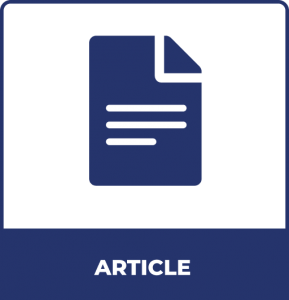This briefing was developed to ensure that people who too often remain invisible to society at the hands of the
state, and at risk of infection or in need of medical care, are not forgotten. There is the duty of
care that states have for people in detention, and the responsibility of states to provide
healthcare and take proactive measures to prevent harm of people deprived of liberty.
An infectious disease can be a disaster for a closed facility. Risks of infections are obviously much higher
where people in poorer health than the general population are held, where women, men and children
are kept in poor or even filthy unsanitary conditions, where individuals are cramped together in
overcrowded facilities and where authorities lack resources and training to use protective equipment.
Even in countries with high standards for places of detention, people in prisons, including staff, have
been infected and died of COVID-19.
Measures intended to prevent, or address outbreaks of coronavirus have violated rights and, at the very
least, made time in prison much harsher and burdensome. Lack of contingency plans, poor coordination
among criminal justice actors, overincarceration and a focus on punishment rather than rehabilitation
and health are causes of infection and deaths in places of detention. Systemic and long-term reform is
needed to prevent a situation like this from happening again. People under penal supervision in the
community are also facing new and unique situations of vulnerability. This briefing presents some of the
challenges faced by probation agencies and concerns for those under non-custodial conditions.
Foreword
Right to
health for people in detention
A
heightened duty of care
Mental
health of people detained during a global pandemic
Recommendations:
Right to health for people in detention
Lack of
data and testing
Barriers to
obtaining accurate data
Data on
populations most at-risk and prison staff
Recommendations:
Lack of data and testing in places of detention
Lockdowns,
practices and impacts
Medical
isolation, quarantine and solitary confinement
Restrictions
on contact with the outside world
Inspections
and monitoring of prisons
Recommendations:
Lockdowns, practices and impacts
Women in
prison and COVID-19 responses
Recommendations:
Women in prison and COVID-19 responses
Conflict,
crisis-affected contexts
Recommendations:
Conflict and crisis-affected contexts
Reductions
(and growth) of prison populations
Inaction
and barriers to the release of people from detention
Growing
prison populations
Recommendations:
Reductions (and growth) of prison populations
Non-custodial alternatives to imprisonment
Recommendations:
Non-custodial alternatives to imprisonment
Post-release
support for people leaving prison
Recommendations:
Post-release support for people leaving prison
Penal Reform International (PRI)
PRI (2020). Coronavirus
Preventing harm and
human rights violations
in criminal justice systems. Coronavirus briefing 13 July 2020 (penalreform.org)


